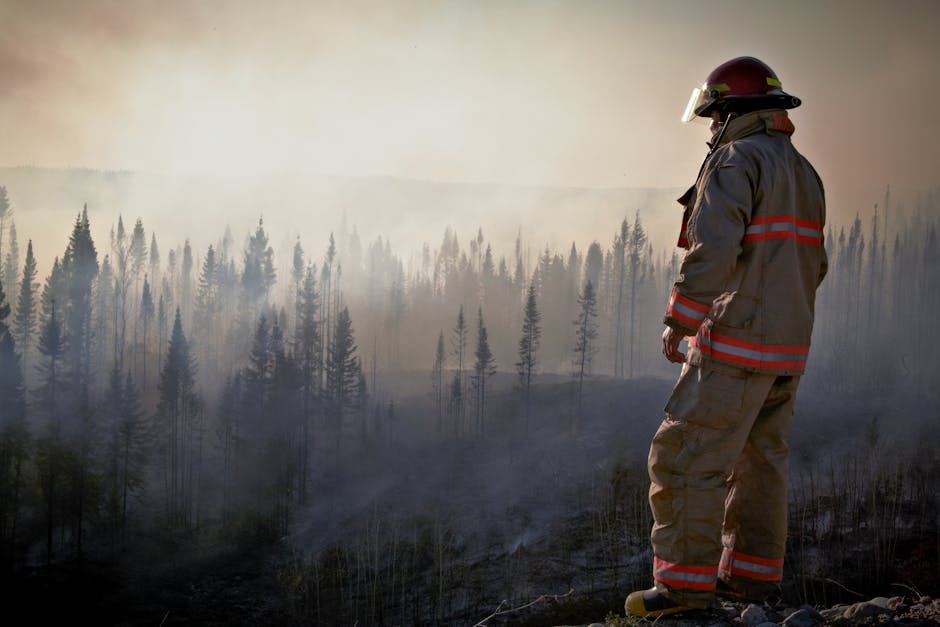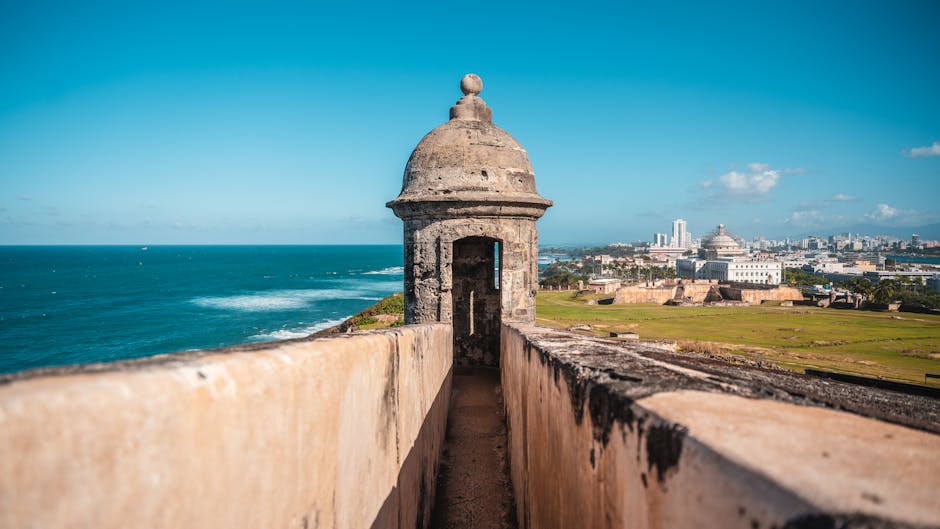PIL Seeks Supreme Court Intervention on Air Pollution Crisis
A landmark Public Interest Litigation (PIL) has been filed in the Supreme Court of India, urging the judiciary to declare air pollution a National Health Emergency. The petition, backed by environmental activists and health experts, underscores the lethal impact of toxic air on millions, especially in cities like Delhi, Mumbai, and Kolkata.
Key Demands of the PIL
The PIL calls for urgent judicial action, including:
1. Declaring air pollution a National Health Emergency under the Disaster Management Act, 2005.
2. Mandating real-time pollution data transparency from government bodies.
3. Stricter penalties for industries flouting emission norms.
4. Long-term sustainable policies, including cleaner energy adoption and urban planning reforms.
Activists argue that existing measures are ineffective, with government responses often being reactive instead of proactive.
Why Air Pollution Is a National Emergency
India’s pollution crisis has escalated into a public health disaster:
– A Lancet study links over 2 million premature deaths annually to air pollution, including respiratory diseases and heart conditions.
– Cities like Delhi frequently record AQI levels above 500 (hazardous), leading to school closures and overwhelmed hospitals.
– The economic toll is massive—1.4% of India’s GDP is lost yearly due to pollution-related health costs and lost productivity.
Past Court Orders & Government Inaction
The Supreme Court has previously intervened, enforcing GRAP (Graded Response Action Plan) in 2019 to curb Delhi’s smog. Yet, implementation remains weak—construction bans, vehicle restrictions, and stubble-burning fines are irregularly enforced.
Schemes like the National Clean Air Programme (NCAP) aim for a 20-30% pollution reduction by 2024, but critics call the targets too soft and lacking enforcement.
How India Lags Behind Global Peers
While China launched a rigorous anti-pollution drive (shutting coal plants, boosting renewables), India’s policies remain fragmented. Even neighbors like Bangladesh and Pakistan enforce stricter air quality laws in certain areas.
Potential Outcomes If the PIL Succeeds
A favorable Supreme Court ruling could:
– Unlock emergency funds for pollution control.
– Hold officials accountable for enforcement failures.
– Fast-track green policies, such as EV adoption and waste management upgrades.
Growing Public Activism
Campaigns like #MyRightToBreathe and #PollutionKaSolution are rallying citizens, demanding clean air as a fundamental right under Article 21 (Right to Life).
Expert Voices
Dr. Arvind Kumar (Lung Care Foundation):
“Air pollution is a silent pandemic, deadlier than COVID-19. Only a health emergency declaration can trigger real change.”
Ritwick Dutta (Environmental Lawyer):
“This PIL could redefine India’s environmental accountability. The judiciary must act.”
The Bigger Fight: Survival & Justice
Beyond clean air, this is a battle for public health and justice. A Supreme Court ruling could mark a historic shift in India’s pollution control efforts—potentially saving millions.
Follow NextMinuteNews for live updates on this case.




